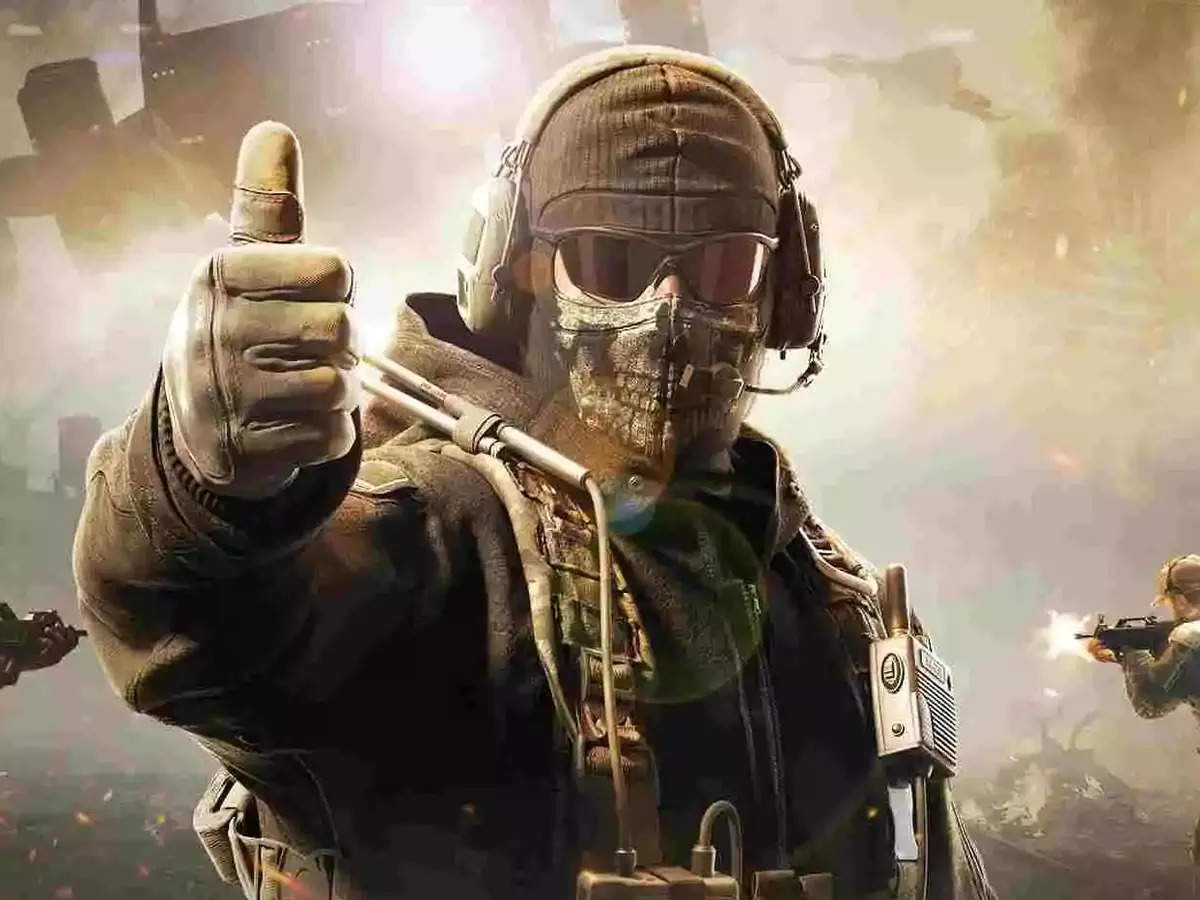Call Of Duty: Explained: Activision’s “hallucination”, other anti-cheating tools and how they are stopping hackers in Call of Duty – Times of India
What is “hallucination” anti-cheating tool and how it works
In a blog post, Activision Ricochet anti-cheat team has explained that each hallucination is a clone of a real player in the match. These clones are designed to disorient hackers and won’t affect legitimate players.
To trick cheaters into thinking that they’ve encountered a genuine opponent, hallucinations will move, look and interact with the game just as a real player would. Ricochet also noted that cheaters won’t be able to tell the difference between a hallucination and a genuine player at first glance. The anti-cheat team has also shared images to describe how this feature will work.
The company adds that these new anti-cheat tactics will show cheaters the same hidden information about legitimate players that they receive by using illicit tools. These hallucinations will be deployed close to suspected cheaters and if any player interacts with the clone they will identify them as a cheater.
Ricochet’s Quicksand and other anti-cheating measures
Call of Duty’s anti-cheat team Ricochet also mentioned in the blog post that it has reduced the usage of the Quicksand measure. This tool slows down a Call of Duty cheater or freezes them in place and may even mess with their control scheme. The company noted that it may add an updated version of Quicksand to the game which is currently under development.
The game’s blog post reads: “While Quicksand was a fun mitigation to deploy against bad actors, it could also be very visually jarring to anyone in the lobby. Imagine coming upon an enemy that was moving at a snail’s pace in the middle of your rotation out of a hot zone. It could trip you up.”
Ricochet also added an update on its efforts to curb the usage of XIM-style controller passthrough devices that cheaters misuse. The anti-cheat team wrote: “Within the first two weeks of launching this detection we saw a 59% drop in any use of these devices across Modern Warfare II and Warzone. Of those users, 57% of them did not utilise the device again.” The team also noted that persistent users of such devices are penalised.
For all the latest Technology News Click Here
For the latest news and updates, follow us on Google News.


